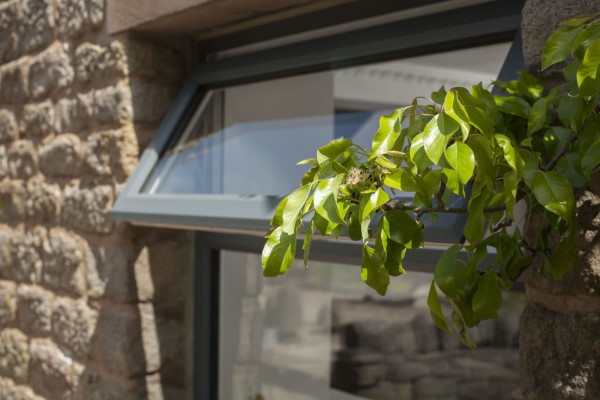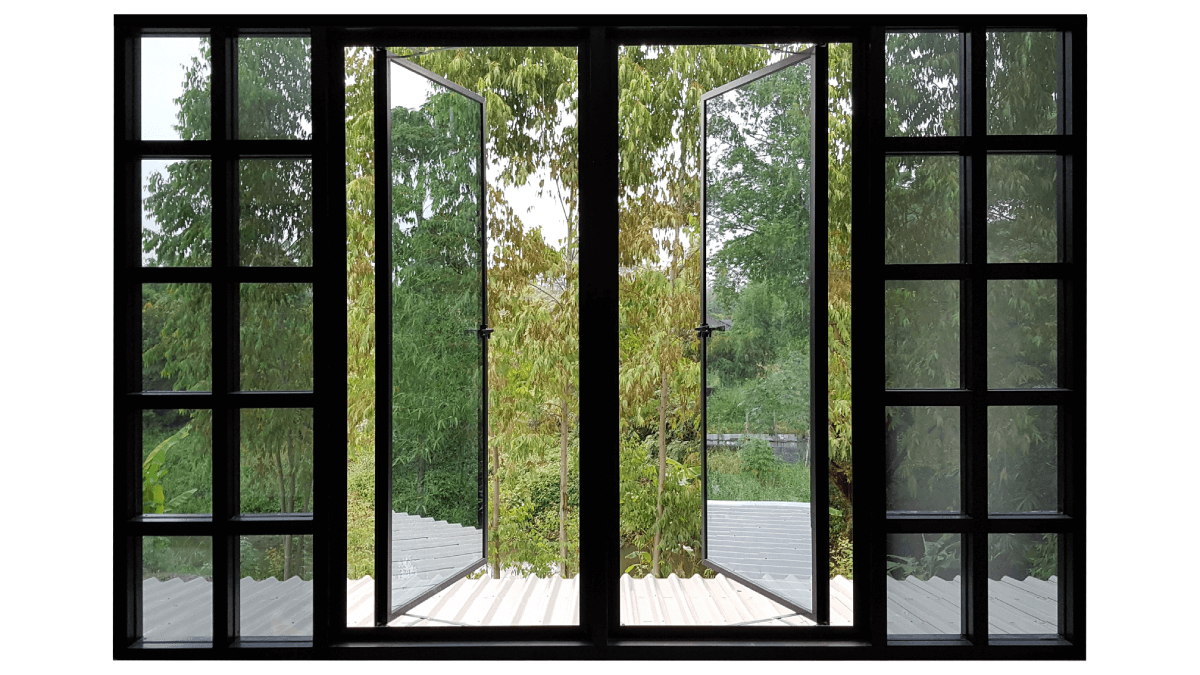All Categories
Featured
Table of Contents
Double Glazing Versus Secondary Glazing in Attadale Western Australia
Laminated glass is often used in areas in the home most prone to injury from human impact such as restrooms, doors, around staircases and in locations close to the flooring (it fulfills the requirements of 'shatterproof glass' that is mandated for use in these areas by Australian Basic AS 1288 Glass in buildings).
Toughened glass has actually been 'tempered' by being reheated and quickly cooled once again. This process makes it much stronger than standard glass it can resist higher impact loads prior to breaking. It likewise makes it much safer due to the fact that, when it does shatter, it gets into lots of little cubic pieces rather than harmful fragments.
Canberra Window Replacement - Upvc Double Glazed ... in Floreat WA
Nevertheless, toughened glass has no thermal or acoustic advantages over other glass of the same toning or density. Secondary glazing is where single-glazed windows are retrofitted with a transparent acrylic or glass sheet connected to the within the frame or openable sash with a secondary frame or with magnetic strips.

Secondary glazing will not perform too thermally as a manufactured IGU, given that it is impossible to totally seal the border, however it can provide good noise control. Window films are a thin polymer film including a soaking up color or reflective metal layer, with an adhesive support. They stick to your glazing to alter its colour or make it reflective.
Save Energy With Double Glazed Windows in East Fremantle Western Australia
Applied to existing glass, some window movies can halve the total SHGC of the window by absorbing and/or reflecting solar radiation. This can be particularly beneficial in hotter environments where cooling is the primary concern, or on east and west elevations straight exposed to long durations of sunlight. However, window films might also decrease visible light transmittance.

For this factor, it is usually best to use a recognized installer of window movie. Frames have a considerable effect on the thermal performance of windows and doors, due to the fact that energy can be gotten and lost through the frame, in addition to through the glass. Different kinds of frame will enable various levels of heat gain and loss, so mindful option of frame is very important for effective passive design.
Double-glazing Versus Low-e Glass in Jolimont Western Australia
Aluminium is also an extremely good conductor of heat and will reduce the insulating worth of a glazing system, unless specifically engineered to reduce this. A 'thermally broken' frame is made up of 2 aluminium sections connected by a structural insulator (normally a low-conductivity structural polymer). This 'breaks' the thermal connection through the aluminium and lowers the heat streaming through the frame.
Wood frames are a good natural insulator that can fit some home styles. Wood frames must be made from types that have naturally high resilience or be treated to prevent decay and contortion.
Magnetite: Australian Retrofit Double Glazed Windows in Westfield Perth
This can result in spaces that allow air seepage unless good draught sealing (weather removing) is set up. u, PVC is a kind of plastic (unplasticised polyvinyl chloride, likewise called rigid PVC). u, PVC frames offer exceptional thermal performance, frequently much better than lumber or thermally damaged aluminium. u, PVC is long enduring and needs very little upkeep, and can be moulded into complicated profiles that supply outstanding air seals.
u, PVC doors and windows have outstanding thermal efficiency Picture: Ben Wrigley (Light House Architecture and Science) Composite frames utilize aluminium profiles on the outer sections with either a lumber or u, PVC inner section. These integrate the low upkeep and resilience of aluminium with much enhanced thermal efficiency.
Table of Contents
Latest Posts
Window Glazing For Households - Energy in West Leederville WA
Keeping Your Cool: The Benefits Of Double Glazed ... in Murdoch Western Australia
Best Glazing Limited - Windows / Doors / Conservatories in Wandi WA
More
Latest Posts
Window Glazing For Households - Energy in West Leederville WA
Keeping Your Cool: The Benefits Of Double Glazed ... in Murdoch Western Australia
Best Glazing Limited - Windows / Doors / Conservatories in Wandi WA